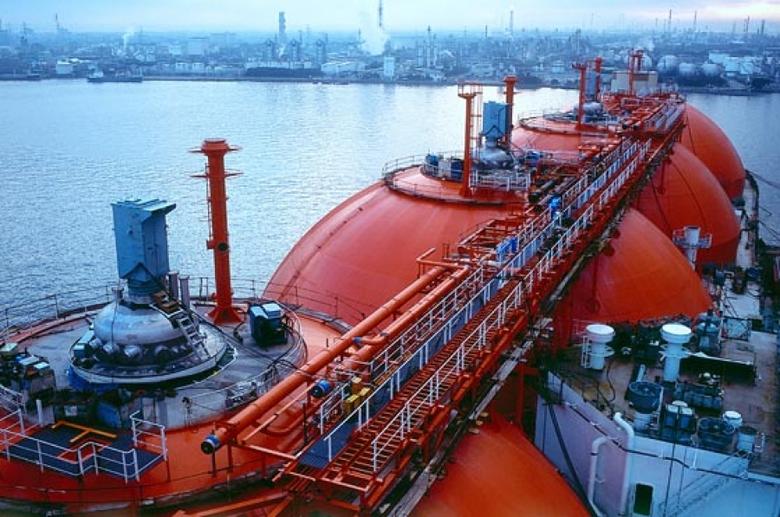
GLOBAL GAS CHALLENGES

The Iranian secretary-general of the Gas Exporting Countries Forum, Mohammad Hossein Adeli, told a conference in Tehran that there were major challenges facing the global gas market, most of which resulted from the world economy's meltdown. The remainder spring from geopolitical changes, he said.
The GECF accounts for most of the world's gas reserves but it has no equivalence with OPEC such as the ability to set production quotas, owing primarily to the differences between oil and gas contracting. And the members are also different: for example Russia is a member of GECF but an observer at OPEC.
Adeli told a conference in Tehran on January 7th that the world economy has not managed to recover from the financial crisis in 2007-2008. This, combined with greater energy efficiency, means gas demand is low.
"The advent of [more sellers of] LNG is another challenge of the gas market," Adeli said and noted that the U.S. has utilised modern technologies to produce gas from shale, so that the country has been turned from a gas importer to an exporter. Australia, another OECD country with no interest in joining organisations that could be seen as cartels, is already an LNG exporter and its output is rising sharply over the coming few years.
Another problem facing GECF is the re-exports of cargoes, which are symptomatic of the excess LNG supply but also create pricing problems as the re-exported cargo is often competing for a buyer in the same market as the original producer's contracted delivery.
The last challenge he identified are geopolitical developments that are having a great effect on the gas market. For example, developments in Russia, Ukraine, and Europe changed energy policies in Europe and reduced dependence on Russian gas, he said.
This last point though is not a challenge for gas in general, so much as for Russia in particular, since Ukraine has been buying gas, although in lower volumes, from other suppliers instead. And eliminating gas from the fuel mix entirely in Europe will take a lot of investment in time and money as there are no alternative fuels that can do the job gas does so cheaply and dependably. Until that time, the European Union is doing what it can to encourage other gas supplies, including from countries in the Caspian Sea region such as Azerbaijan and Turkmenistan.
-----
More:
2016: OIL & GAS INVESTMENTS DOWN TO $522 BLN

